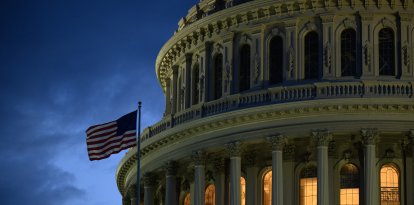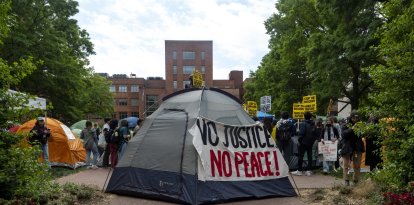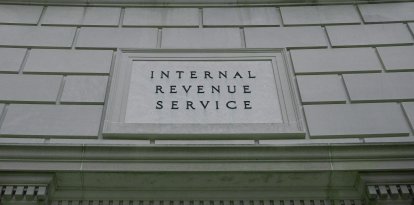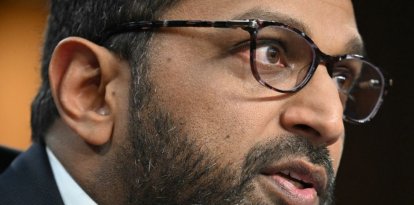Fourteen attorneys general denounce TikTok for harming minors as a business model
The company denied the allegations and accused the plaintiffs of refusing to cooperate: "It is incredibly disappointing they have taken this step rather than work with us."
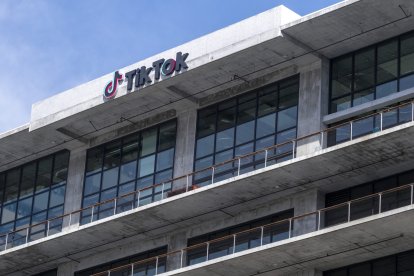
TikTok headquarters in California.
Fourteen attorneys general sued TikTok in their respective constituencies this week for violating consumer protection laws. The legal offensive targets, above all, damage to the mental health of minors, its most popular audience: 63% of teenagers between 13 and 17 use the Chinese social network, according to the Pew Research Center.
The coalition of prosecutors accuses the ByteDance social network of using an addictive content recommendation system to seek to keep children in front of their screens. The longer the usage time, the more ads TikTok can sell. Little does it care, they claim, if this causes them psychological or physical harm, even fatal.
Rob Bonta, California's attorney general, explained that the platform "intentionally targets children because they know kids do not yet have the defenses or capacity to create healthy boundaries around addictive content," and stated, "TikTok must be held accountable for the harms it created in taking away the time — and childhoods — of American children."
"TikTok claims that their platform is safe for young people, but that is far from true," New York Attorney General Letitia James said for her part. "In New York and across the country, young people have died or gotten injured doing dangerous TikTok challenges and many more are feeling more sad, anxious, and depressed because of TikTok’s addictive features."
In his lawsuit, James included the case of Norma Nazario, who blamed TikTok for the death of her son Zackery when, she claims, she was fulfilling a challenge that involves getting on a moving subway car ("subway surfing").
Prosecutors also accuse the social network of concealing its business model that preys on children, as explained by Liz Murrill, of Louisiana: "TikTok has knowingly been misleading the public about the content it’s serving up to kids. Parents deserve to know the truth and Louisiana law, at the very least, requires TikTok to stop lying. I intend to hold TikTok accountable and protect kids."
The other states participating in the joint court offensive were Illinois, Kentucky, Massachusetts, Mississippi, North Carolina, New Jersey, Oregon, South Carolina, Vermont, Washington and the District of Columbia.
As compensation, they are seeking an end to the practices they denounce and financial reparations.
TikTok, against the ropes?
"We strongly disagree with these claims, many of which we believe to be inaccurate and misleading," the platform defended itself in a statement. After citing a number of "proactive" steps they say they have taken in protection of children, it accused the attorneys general of turning a deaf ear to its attempts to cooperate:
"We've endeavored to work with the Attorneys General for over two years, and it is incredibly disappointing they have taken this step rather than work with us on constructive solutions to industrywide challenges."
Equally challenging has been with the series of legal challenges that have been emerging in recent times in the United States. In addition to lawsuits from private citizens, such as Nazario, more than 20 attorneys general have denounced her to date, according to a tally of attorneys general.
In August, the Federal Trade Commission accused it of violating children's privacy laws. Worse still for ByteDance, the Chinese company that owns TikTok: a federal law requires it to sell the platform to an American company by January. If it fails to do so, it will be banned from U.S. soil.
Read the New York lawsuit
RECOMMENDATION
